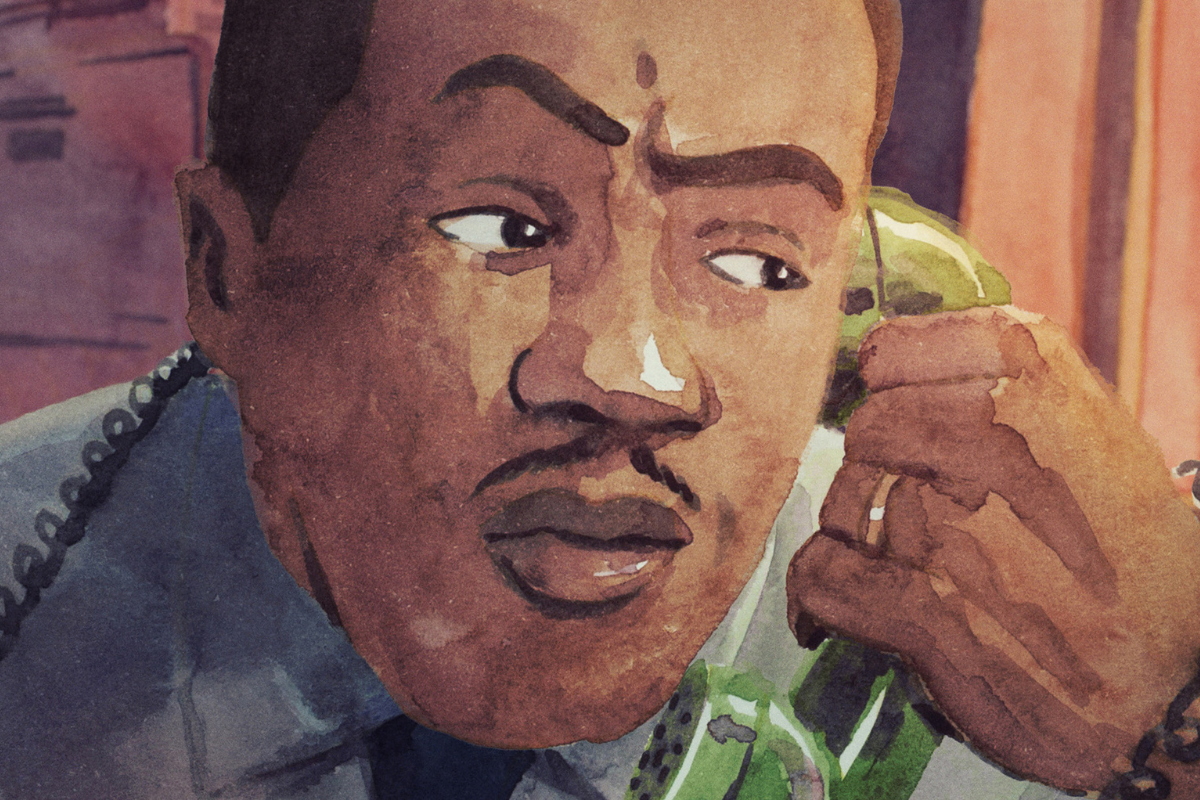PRIMETIME: Why Some TV Stars Get “Producer” Credits… and How Important is Life Experience?
You don’t have to travel the world to have a smorgasbord of life experiences. You can have an infinitely rich life—full of fascinating characters, conversations, interactions, adventures, relationships—without ever leaving your hometown.
Once again, thanks to all of you for your great comments and questions, both emailed and posted. I'm loving the discussion at last week's post about why people do or don't like thinking of screenwriting as a career, with rules and pathways like other careers... and as I continue to respond to all your other emails, questions, and comments, I'll post responses to those thoughts as well.
First up today, David Ashutosh, who responded a couple weeks ago to my December 4th post about the futility of submitting to contests and websites. David writes…
As a writer, I have heard from many sources that [having varied and insightful life] experiences are fundamental to writing well. Experiences of being in a more conservative environment have [helped] me see things differently in contrast to living in NYC. Having met various folks and traveled a bit the last number of years and had a lot of conversations with people throughout the country and some internationally has helped shape my perspective of the marketplace and of characters which may be interesting to write about and/or settings. To me it seems instrumental to have writers with a varied background in life to draw from.
David—I agree with you 100 percent. I touched on this a bit in my September 26th post, a response to Carlito's questions about discussing his awesomely unique background with showrunners.
Most showrunners I know say they want to hire people with diverse backgrounds, lots of life experience; they would much rather hire the 35-year-old divorced mother who spent two years in prison before starting her own surf shop while living with her drug-addicted brother (provided she's a brilliant writer) than a 23-year-old film-school wunderkind who's never had any life experience.
I also hear showrunners say one of the most common weaknesses of fledgling writers is that many have nothing to say. They either lack a reservoir of personal experiences… or they're afraid to tap into it. And as a writer, your M.O. must always be to mine the deepest, darkest, most painful recesses of your heart and psyche. Whether you're writing a character drama like Winter's Bone or an action blockbuster like Die Hard, your only goal can be to dig down and write the most personally emotional story possible.
Having said that, two things:
- You don't have to travel the world or live in many places to have a smorgasbord of life experiences. It may help, but I think what's most important for a writer is having a bottomless well of emotional experiences: relationships, breakups, betrayals, commitments, lies, pains, joys, etc. You can have an infinitely rich life—full of fascinating characters, conversations, interactions, adventures, relationships—without ever leaving your hometown. Whether that's International Falls, MN… Hinsdale, IL… or Los Angeles, CA. I once read that an artist (I can't remember who, but I think it was a photographer) said, "It doesn't matter what you look at… what matters is how you look at it." And I think that holds true in writing. You don't have to be a globetrotting adventurer like Sebastian Junger to be a brilliant writer; you just have to illuminate your world in unique, exciting ways.
- Don't confuse the necessity of "life experiences" or living in various places, meeting different types of people, with "you don't need to live in L.A. to break into film and TV." While showrunners are eager to find people with rich, diverse backgrounds—and you can build that background anywhere—you still need to be in L.A. for showrunners to find you. No one, especially seasoned showrunners, believes talented writers live only in Los Angeles… but even if you're the world's most talented writer, complete with a great background and wonderful "life experience," living in Eugene or Fairbanks or Providence, your chances of ever being found, read, and hired are almost nil.
And now, moving on to today's email, which comes from Rodney, who writes…
Why do key actors (stars), a couple of seasons into a TV show, once it's successful, get credited with "Executive Producer" within the credits? Is this a contractual thing, or is this agents and producers trying to appease their clients? I'm unsure as to whether the stars are actually doing any producing to earn that title, other than objecting to a storyline they simply don't like the look of.
These credit bumps usually happen as parts of a star's contract renegotiations once a series hits a certain level of success (often two or three years… but sometimes more, sometimes less). Although TV actors' contracts are traditionally for seven years (or occasionally 6½), shows are sometimes so successful earlier in their runs that actors renegotiate, asking for more money and a producer credit.
On USA's Psych, for instance, series stars James Roday and Dulé Hill received co-producer credits after two successful years on the air; the following year, they were bumped up to producer.
When an actor receives a producer credit, it usually comes alongside a request for more money. Hopefully, the studio acknowledges that part of the show's success comes from the actor's presence and performance, and they're willing to negotiate a new salary and producer credit.
Sometimes, an actor's producer credit is just "vanity," a concession to keep them happy. But even when the actor earns the credit, it rarely comes tied to actual producing duties or fees. In other words, a producer credit doesn't contractually obligate an actor to fulfill actual duties or receive producing monies… although, like I said, the actor has probably received a raise anyway for his acting duties.
Often, however, studios and producers feel the actor has legitimately earned his or her producing credits by being creatively involved in the show.
"In our case," says Psychexecutive producer ChrisHenze, "it really is warranted. Our show shoots 1500 miles from Los Angeles, where our writers room and key creatives are, so we rely heavily on James and Dulé and their sensibilities. They're on set, living through good, bad, and risky decisions that must be made on the fly. We have excellent producers in our director and line producer, who serve some of the same functions, but you can always count on James or Dulé… because they're in virtually every scene. They make calls, get involved with casting; they're our eyes and ears on the ground."
Of course, actors aren't always given raises and titles… even when they're stars or co-stars on a hugely successful series.
"Sometimes, actors and actors' representatives overstep their boundaries when it comes to understanding the finances of the show," says Henze, who—as a talent manager (as well as a producer)—has handled talent renegotiations for performers on hit shows like Desperate Housewives and The West Wing.
In 2004, for instance, CSI co-stars Jorja Fox and George Eads supposedly tried playing hardball with CBS Productions by refusing to come to work until they were given raises (at the time, they were making approximately $100,000 per episode). CBS refused, firing them both from the show. Two weeks later, both actors returned… at their previously negotiated salaries. (FYI—I say they "supposedly tried play hardball" because Eads swore he wasn't refusing to come to work as a negotiating tactic, he simply overslept.)
Also—an important distinction. The producer credit given to actors on a successful show is different than the credit afforded actors with "talent development deals." Studios often make development deals with actors they feel have potential to be major TV stars; in these cases, they don't just cast the actor into a project, they develop specific projects for the actor, involving them creatively throughout the process. Right now, for instance, actor Wilmer Valderrama has a deal with 20th Century Fox TV obligating him to star in and executive produce a new television series.
Anyway, Rodney—hope that helps! If you, or anyone else, has other questions, please don't hesitate to post them below or email me chad@chadgervich.com.







